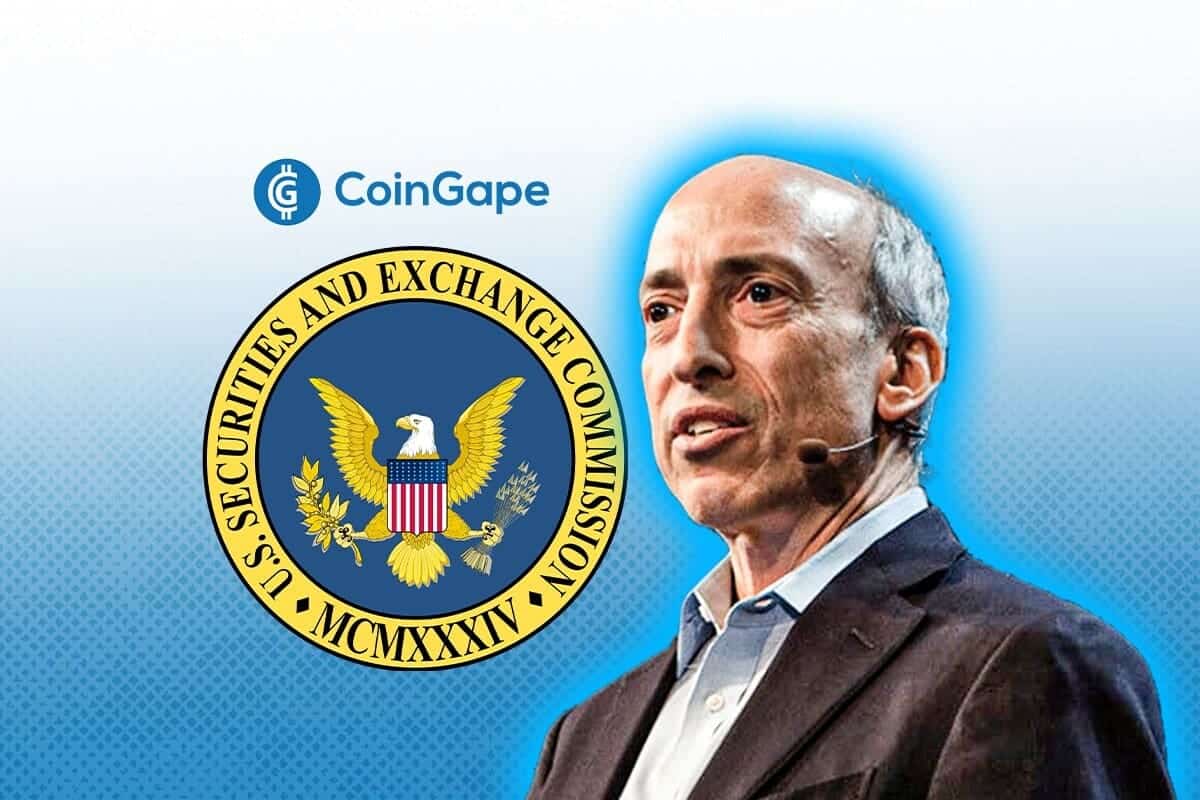Two outstanding U.S. lawmakers, Home Majority Whip Tom Emmer and Home Monetary Providers Committee Chairman Patrick McHenry, have raised considerations over the Securities and Alternate Fee’s (SEC) strategy to classifying airdrops as securities. In a letter dated September 2024, they addressed SEC Chair Gary Gensler, questioning the company’s stance on airdrops.
Contents of Letter To Gary Gensler
The letter highlights the significance of airdrops within the blockchain ecosystem. It describes them as “distributions of a digital asset to early customers of a blockchain protocol.” Furthermore, the lawmakers said that crypto airdrops “play a vital position within the improvement of a decentralized blockchain ecosystem.”
In keeping with the lawmakers, airdrops incentivize participation in blockchain-based purposes, contributing to the community’s decentralization and governance. The letter criticized the SEC beneath Gary Gensler’s management for stifling the expansion of blockchain by making a “hostile regulatory atmosphere.”
The lawmakers argued that the SEC’s actions are making “the aim of decentralization not possible to acquire” and stopping the know-how from reaching its full potential. They additional allege that by issuing enforcement actions and warnings, the SEC is “placing its thumb on the size” and precluding U.S. residents from taking part within the improvement of the web’s subsequent era.
As well as, Emmer and McHenry posed a sequence of pointed inquiries to Gary Gensler. They sought clarification on the SEC’s interpretation of securities legislation in relation to airdrops. A key query is whether or not the SEC believes that giving freely digital property totally free may set off the Howey Take a look at.
For additional context, the Howey Take a look at is the authorized normal for figuring out if a transaction qualifies as an funding contract beneath U.S. legislation. This query additionally arises because the property themselves should not categorised as securities.
The lawmakers wrote, “Does the SEC consider that giving freely non-security digital property totally free implicates the Howey Take a look at? If that’s the case, beneath what circumstances or preparations?” The letter additionally compares crypto asset airdrops to different types of client rewards.
Questions To SEC Chair
The rewards embody airline miles or bank card factors, which don’t fall beneath the Howey Take a look at. “How does the SEC distinguish between these rewards, given away totally free, and digital property airdropped to a person?” the lawmakers requested.
Moreover, the letter to Gary Gensler additionally raises considerations in regards to the potential influence of classifying digital tokens as securities on the broader blockchain ecosystem. Emmer and McHenry identified that as networks develop into extra decentralized, token values are pushed by “demand for his or her consumptive use, akin to a commodity.”
They warned that the SEC’s strategy may hinder the flexibility of on-chain purposes to perform. Therefore they requested, “How may classifying these tokens as securities and subjecting every transaction to the scrutiny of the SEC influence the flexibility for on-chain purposes to exist or perform?”
The lawmakers additionally requested knowledge on whether or not the SEC has quantified the financial influence of classifying digital property as securities. This comes notably when it comes to potential lack of financial development and tax income. Moreover, they famous that builders are already blocking American customers from taking part in airdrops as a result of SEC’s regulation.
Emmer and McHenry requested a response from Gensler by September 30, 2024. In the meantime, the company gears up for a September 18 congressional hearing on political bias in crypto regulation.
Disclaimer: The introduced content material could embody the non-public opinion of the creator and is topic to market situation. Do your market analysis earlier than investing in cryptocurrencies. The creator or the publication doesn’t maintain any duty on your private monetary loss.


✓ Share: